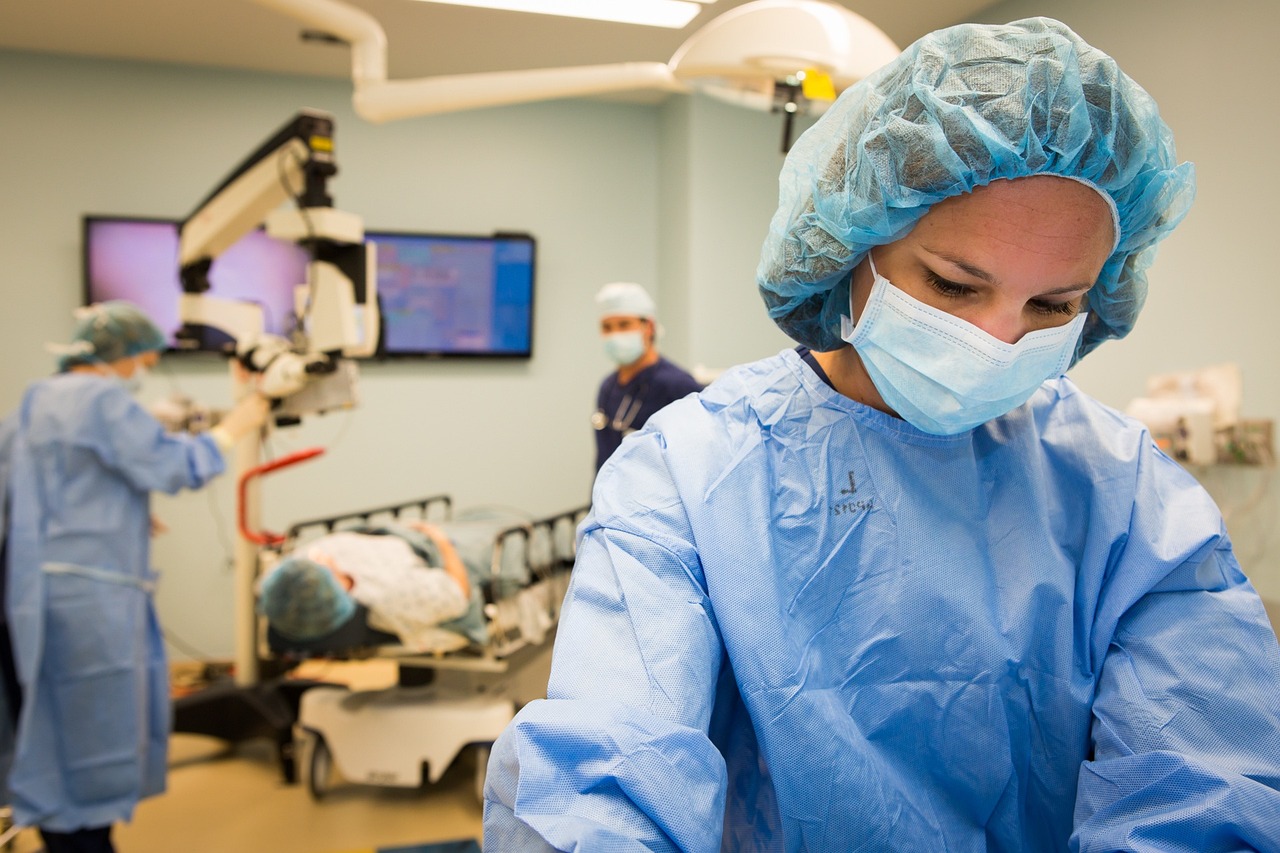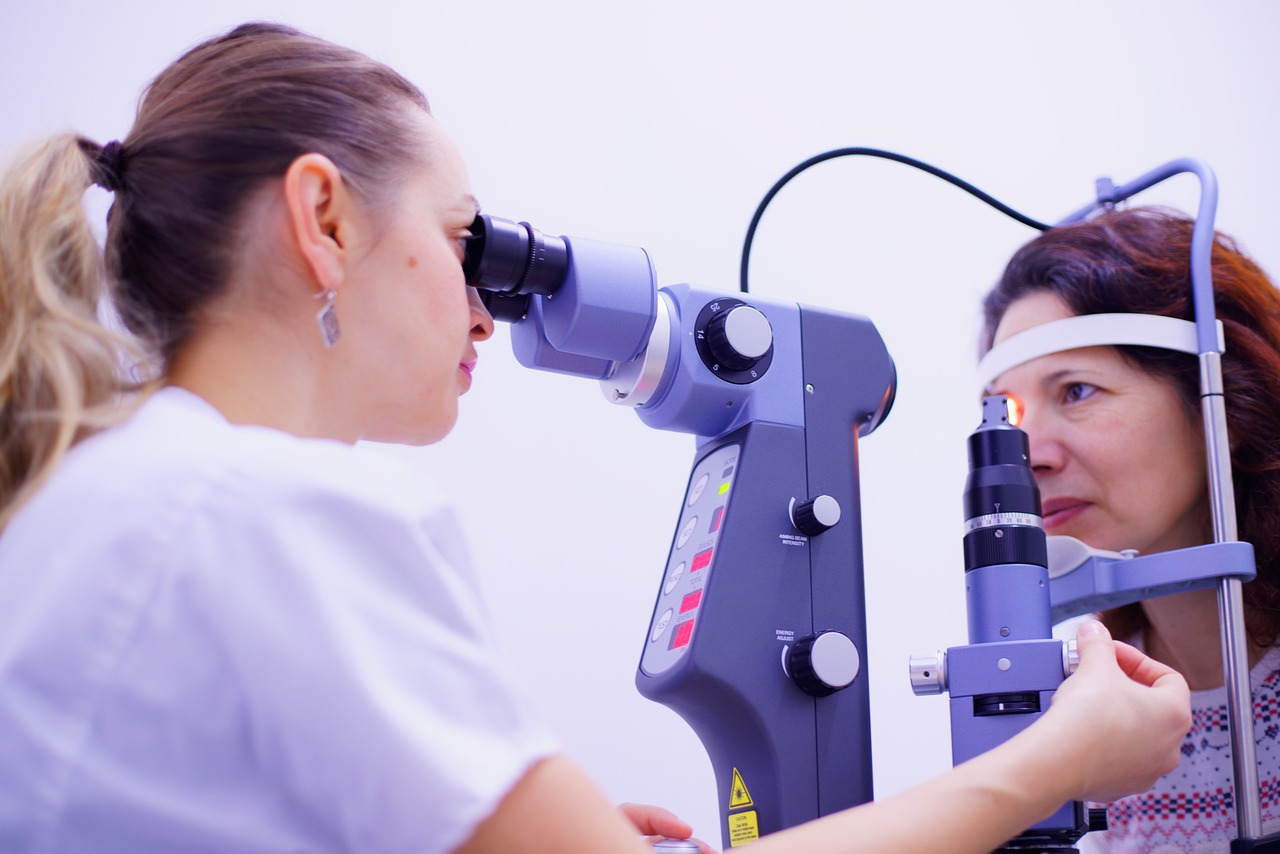FTC disclaimer: This post may contains affiliate links and we will be compensated if you click on a link and make a purchase.
Welcome to our comprehensive guide on eye surgery, a common solution for a variety of eye conditions.
This guide aims to navigate you through the complex landscape of different types of eye surgery, shedding light on the intricate procedures, recovery timelines, and associated risks.
Understanding the different procedures is much like trying to find a specific book in a vast library.
It can seem daunting, but with the right guide, it becomes manageable and less intimidating. If you ever find yourself lost in this sea of information, feel free to reach out to our Member Services team for assistance.
The importance of knowing what to expect can’t be overstated. It’s like waiting for an application to start; you’re less anxious once you understand the process.
If you are the ‘application owner’ – in this case, a prospective patient – understanding the process can help you prepare better and potentially accelerate your recovery.
Let’s delve into the details and help you gain a comprehensive understanding of the world of eye surgery.
Understanding Eye Surgery and Its Types
Eye surgery, a precise intervention performed on the eye or its adnexa, serves a multitude of purposes. From improving a patient’s vision to treating various eye diseases, eye surgeries have revolutionized the field of ophthalmology.
The number of different types of eye surgeries is vast, each addressing different conditions and achieving unique objectives. Some of the common ones include:
- LASIK (Laser-Assisted-In-Situ-Keratomileusis) – A popular corrective procedure designed to improve refractive errors.
- Cataract Removal – The process of removing the clouded natural lens of the eye and often replacing it with an intraocular lens.
- Corneal Transplants – A solution for those suffering from corneal diseases, this procedure replaces the diseased cornea with a healthy one from a donor.
It’s crucial to understand that the choice between surgical and non-surgical solutions for eye diseases often depends on the severity of the condition, the patient’s health status, and their personal preference.
Recovery Process
The recovery process post eye surgery is a crucial period that signifies the difference between a successful outcome and potential complications. The importance of proper post-surgical care cannot be overstated.
Generally, the average recovery time varies based on the type of eye surgery. Procedures like laser surgeries might have a shorter recovery period, while more invasive surgeries, such as corneal transplants, could take more time.
- Managing discomfort: You might experience some eye pain post-surgery. Over-the-counter or prescribed medications can help manage this.
- Reducing recovery time: Adhering to your doctor’s instructions, including medication schedules, can expedite your recovery.
Remember, successful recovery largely depends on your commitment to follow the provided guidelines and your eye doctor‘s advice.
Potential Risks and Complications
Undergoing eye surgery is a significant decision that should not be taken lightly. One cannot overlook the potential risks and complications. These risks might include further vision loss, infection, and damage to the eye tissue.
On a rare occasion, laser eye surgeries may lead to the loss of “best” vision, which is the highest degree of vision that you achieve with the help of glasses or contact lenses.
Additionally, infections, although rare, can be a serious consequence of eye surgeries. It’s crucial to adhere to your ophthalmologist’s guidelines for post-operative care to minimize the risk.
Lastly, unintended damage to the eye tissues during surgery, or due to an improperly healed surgical wound, can also result in vision problems. Proper follow-ups with your eye doctor can ensure early detection and treatment of such complications.
Understanding these risks is a crucial part of your pre-surgery consultation and will help you make an informed decision about your treatment.
Specific Eye Conditions and Their Surgical Solutions
Eye conditions such as cataracts, glaucoma, and macular degeneration are common and often require surgical intervention. For example, the clouding effect of cataracts is addressed through cataract surgery, where the eye’s cloudy lens is replaced with a clear, artificial one. This procedure can restore both distance and near vision.
Glaucoma surgery, on the other hand, helps reduce the pressure in your eyes through laser photocoagulation or by improving fluid drainage. This can drastically slow down the progression of glaucoma and prevent severe vision loss.
Lastly, macular degeneration, a condition marked by blurred or lost vision in the center of the visual field, may require injections, laser therapy, or even retinal surgery.
There are several types of eye surgeries available for different conditions, and a consultation with an eye physician is paramount in determining the best course of action.
The Role of Eye Doctors
The decision to undergo eye surgery is significant, making the role of eye physicians crucial in your vision journey. A well-qualified ophthalmologist or optometrist ensures the right procedure is selected for your unique condition, reducing the general risks and boosting the benefits of the treatment.
These professionals, often associated with reputable eye hospitals, carry out thorough examinations, diagnose the eye condition accurately, and suggest the most effective surgical or non-surgical solutions. Eye doctors are also responsible for performing the surgeries and supervising the recovery process.
Choosing a qualified, experienced eye doctor increases the chances of a successful outcome and clear vision. It’s like entrusting your car to a skilled mechanic instead of attempting a DIY fix.
When it comes to your eyes, the stakes are even higher, making the right medical guidance indispensable.
Recovery Tips for a Successful Outcome
Eye surgery is a delicate procedure, and a successful outcome heavily relies on proper post-operative care. To ensure your eyes heal well, you must follow your doctor’s instructions to the letter.
This might involve using prescribed eye drops, wearing an eye patch, and avoiding activities that could strain your eyes. Especially, be mindful not to rub or touch your eyes, as this could disrupt the recovery process.
It’s also critical to give your eyes ample rest post-surgery. This means avoiding strenuous activities, heavy lifting, and excessive screen time. Wearing sunglasses can help protect your eyes from the sun and other bright lights during this period.
One of the most important aspects of post-operative eye care is regular follow-up appointments. These appointments are key to monitoring your progress and detecting any potential complications early. If you have to miss an appointment, reschedule it as soon as possible.
Lastly, hydration is a simple but crucial step in recovery. Your eyes may feel dry after surgery, so staying hydrated is best.
Remember, our eyes are precious organs that require the highest level of care and attention. Always consult your eye doctor for clarification and guidance.
Conclusion
Throughout this comprehensive guide, we’ve explored various types of eye surgeries, including LASIK and cataract surgery, and their respective recovery processes and potential risks. It’s clear that these procedures represent significant advancements in ophthalmology and can dramatically improve patients’ quality of life.
However, it’s crucial to remember that these procedures might not suit everyone. Age, overall health, eye health, and lifestyle can influence eligibility.
Potential risks, although rare, must also be considered. Hence, it’s important to have a comprehensive discussion with a trusted ophthalmologist.
In the quest for better vision, it’s essential to understand the different types of eye surgeries, their recovery processes, and potential risks. This knowledge empowers you to make an informed decision for your visual health.
In conclusion, it’s not just about seeing better—it’s about living better. So, take the first step towards visual clarity and consult with an eye care professional today.










